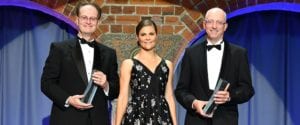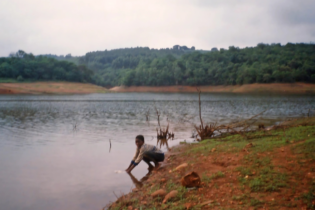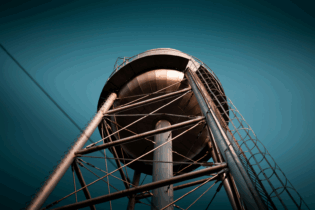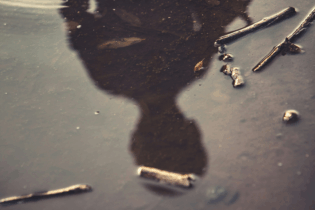The 2018 Stockholm Water Prize was awarded to Professors Bruce Rittmann and Mark van Loosdrecht for microbiological research and innovations that have revolutionised water and wastewater treatment.
The prize was presented to the pair by H.R.H. Crown Princess Victoria of Sweden during World Water Week. Rittmann and Van Loosdrecht’s research has contributed to the understanding of how microorganisms can transform organic pollutants to something of value to humans and the environment. This remarkable scientific achievement has led to the implementation across the globe of technologies which make it possible to remove harmful contaminants from water, cut wastewater treatment costs, reduce energy consumption, and even recover chemicals and nutrients for recycling. In addition to their research efforts, both laureates have trained numerous engineers, scientists and academics who carry on and expand their legacy. Environmental biotechnology is now a rapidly growing field, of relevance to for example energy, materials, food and human health. On receiving the award Rittmann remarked, “I view honours like the Stockholm Water Prize not as a ´happy ending´, but as a foundation to contribute in more and better ways. More than Mark and me, the true winner today should be Environmental Biotechnology, our powerful partnership with microorganisms. Human society needs the power of the human-microbe partnership. It can make our environment cleaner, generate truly renewable resources, and improve our health.” SIWI’s Executive Director Torgny Holmgren praised the pair commenting: “Professors Rittmann and van Loosdrecht are at the forefront of the environmental biotechnology revolution. I am deeply impressed by how they have converted trailblazing theories into current practice, making water treatment more affordable by borrowing solutions from nature.”Future leaders make their mark at world water week
World Water Week closed on Friday after more than 3 600 participants from 133 countries attended nearly 300 sessions.Known for its diverse participation from different sectors and countries, participants under 35 were more vocal than ever this year. The importance of this was underlined by Holmgren: “We are on the right track!” he said, adding: “There are many great things going on.”
Antonella Vagliente from Young Water Solutions stressed how young people from indigenous backgrounds are turning traditional knowledge into new businesses: “They have adapted their lifestyles and their communities to nature and we have a lot to learn from that,” she said. This year’s theme Water, ecosystems and human development, focused on nature-based solutions and how they can be combined with conventional practices. The message was clear – a combination of green and grey approaches is the only way forward. “Our take-away is that nature-based solutions do work,” commented Andrea Erickson, The Nature Conservancy, after experiencing showcases from around the world. Viktoria Granström, Water Initiative Leader at IKEA Industry described how she, after starting her job in 2008, looked for good examples of corporate water strategies: “I thought that maybe some other industry group has done the same. Unfortunately, I did not find any group water strategy including all types of water”. She urged companies to take action on water and set their own rules, adding that many solutions have very short payback time. The 2019 World Water Week will be held from 25 to 30 August around the theme Water for society – including all. It will move to a new venue, the multi-purpose, Tele2 Arena in central Stockholm.






